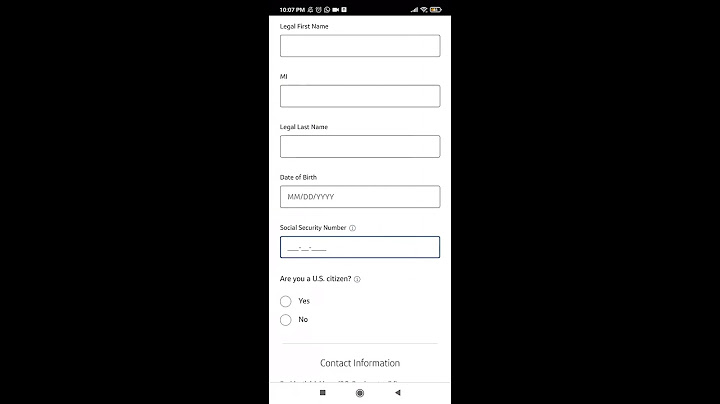When a Social Security beneficiary dies, his or her surviving spouse is eligible for survivor benefits. A surviving spouse can collect 100 percent of the late spouse’s benefit if the survivor has reached full retirement age, but the amount will be lower if the deceased spouse claimed benefits before he or she reached full retirement age. (Full retirement age for survivor benefits differs from that for retirement and spousal benefits; it is currently 66 but will gradually increase to 67 over the next several years.) If you were already receiving spousal benefits on the deceased’s work record, Social Security will in most cases switch you automatically to survivor benefits when the death is reported. Otherwise, you will need to apply for survivor benefits by calling the Social Security Administration at 800-772-1213 or contacting your local Social Security office. How to Get More Out of Your Medicare & Social Security BenefitsThursday, Oct. 27, 1-4 p.m. ET Join AARP for this come-and-go online event where experts and thought leaders will answer questions and help guide you through benefit decisions. Highlights include:
Register Local offices fully reopened April 7 after being closed to walk-in traffic for more than two years due to the COVID-19 pandemic, but Social Security recommends calling in advance and scheduling an appointment to avoid long waits. In most cases, a widow or widower qualifies for survivor benefits if he or she is at least 60 and had been married to the deceased for at least nine months at the time of death. But there are a few exceptions to those requirements:
Whether you have wed again can also affect eligibility. If the remarriage took place before you turned 60 (50 if you are disabled), you cannot draw survivor benefits. You regain eligibility if that marriage ends. And there is no effect on eligibility for survivor benefits if you remarry at or past 60 (50 if disabled). The survivor benefit is generally calculated on the benefit your late spouse was receiving from Social Security at the time of death (or was entitled to receive, based on age and earnings history, if he or she had not yet claimed benefits). The actual amount of your payment will differ according to your age and family circumstance:
Keep in mind
When you die, members of your family could be eligible for benefits based on your earnings. You and your children also may be able to get benefits if your deceased spouse or former spouse worked long enough under Social Security. Who can get survivors benefits? Widows and Widowers
Divorced Widows and Widowers
Unmarried children
Under certain circumstances, benefits also can be paid to stepchildren, grandchildren, stepgrandchildren, or adopted children. Dependent parents One-time lump sum death payment How to Apply for Survivors Benefits
More Information |

Related Posts
Advertising
LATEST NEWS
Advertising
Populer
Advertising
About

Copyright © 2024 en.idkuu.com Inc.















